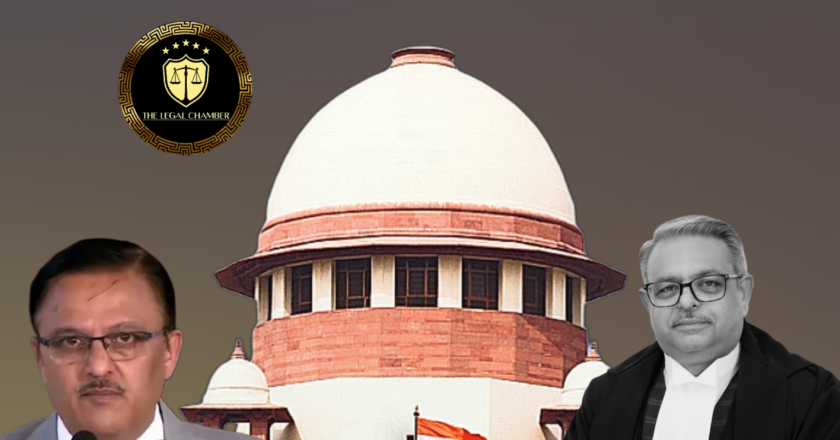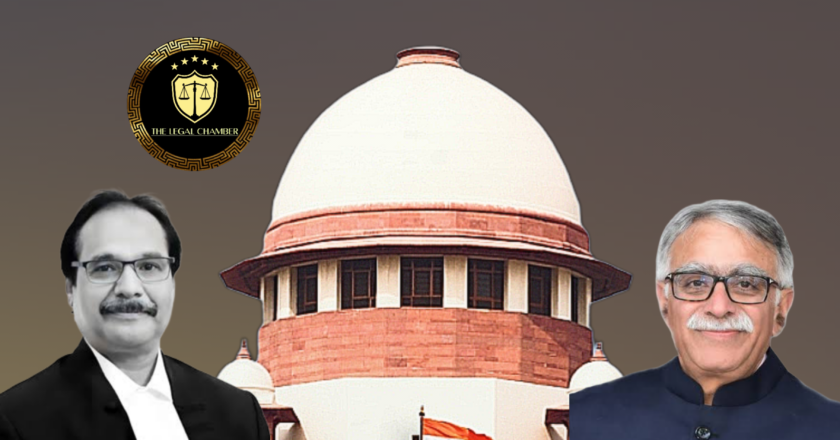Affidavits & Fair Trial: Why the Supreme Court Overturned a Murder Conviction
The Supreme Court acquitted the appellants, setting aside their conviction under Sections 302 and 307 read with Section 34 of the IPC, due to serious doubts about the prosecution's case. The investigation was deemed unfair because the investigating officer suppressed affidavits from three eyewitnesses (PW-5, PW-6, PW-7) that favored the accused, and failed to conduct further investigation based on these affidavits. The Court found it unsafe to convict solely on PW-4's testimony given the suppressed material.
Facts Of The Case:
Sakhawat and Mehndi, appellant nos. 1 and 2 respectively, appealed a judgment from the High Court of Allahabad dated October 9, 2018, which upheld their conviction for offenses under Section 302 and Section 307 read with Section 34 of the Indian Penal Code, 1860 (I...



